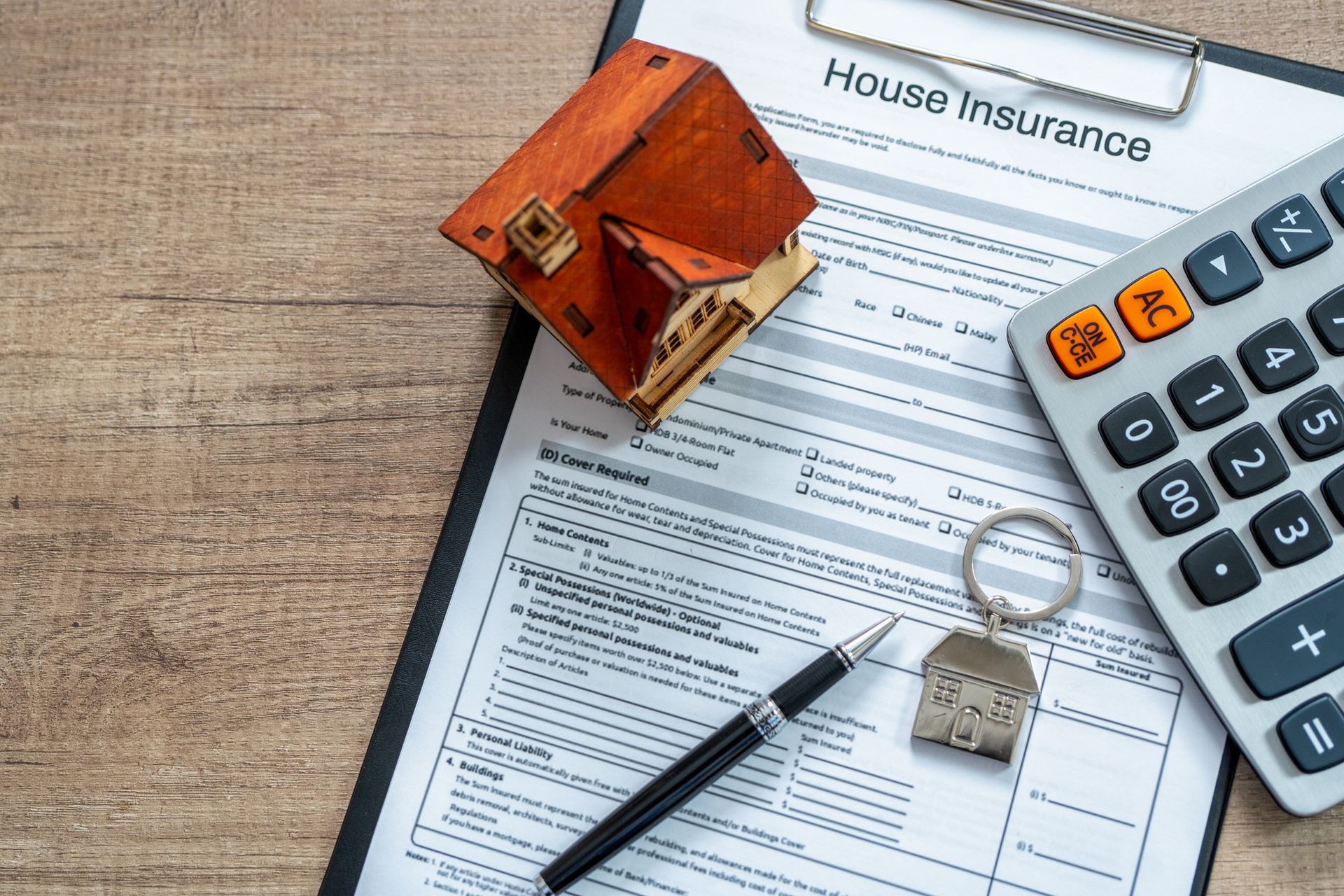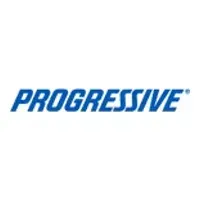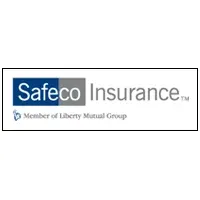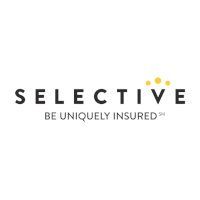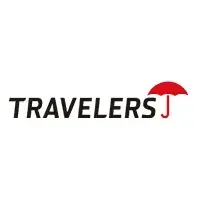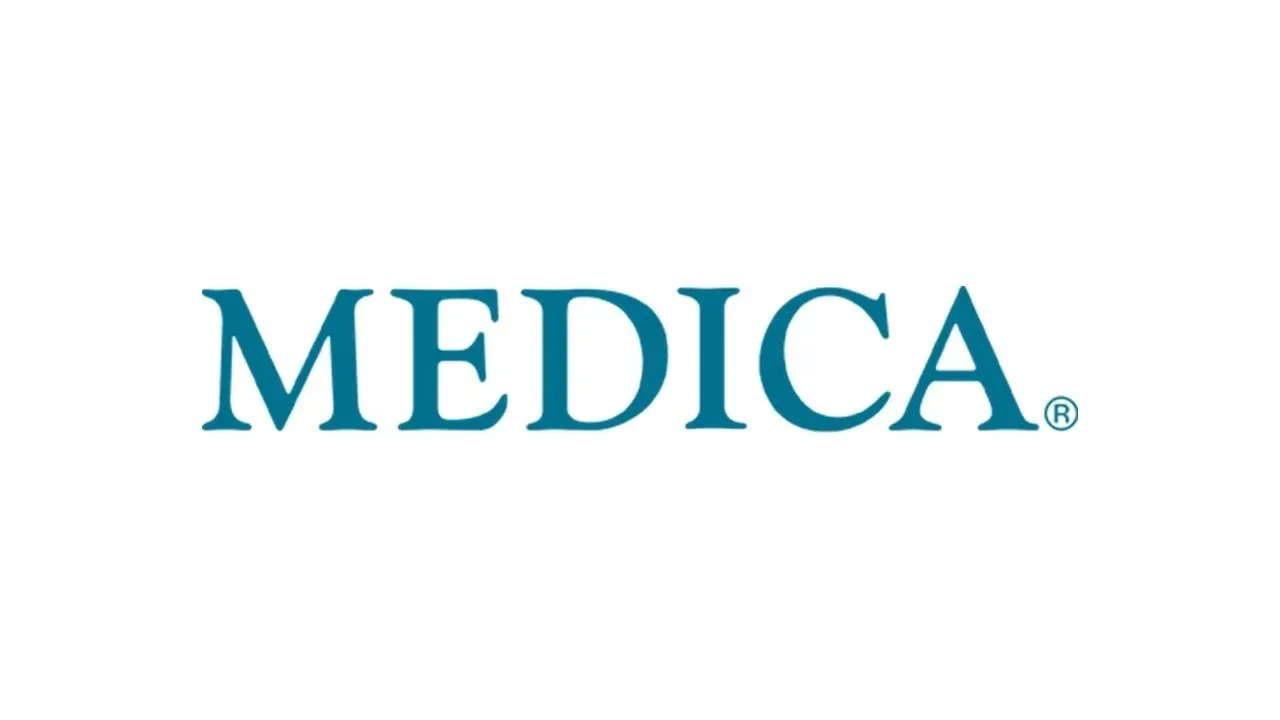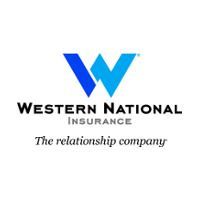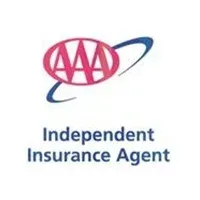How Much Car Insurance Do I Need? The Complete Guide To Getting The Best Coverage
Maintaining consistent, high-quality car insurance coverage is essential to staying safe on the roadways and protecting yourself from the hefty fines associated with driving without proper insurance.
But if you’re trying to save money on your monthly expenses, you’ve probably asked yourself, How much car insurance do I need?
And the answer is probably not as simple as you think.
While state minimums may require you to carry only certain types of coverage to legally operate a vehicle, many of these options leave you vulnerable to repair costs and medical bills if you’re involved in a car accident.
That’s why most car insurance companies offer specialized coverages designed to fill in these gaps so that you never have to worry about enduring unexpected costs again.
By taking the time to evaluate your risk factors, you can find the right amount of car insurance to meet your needs, without spending a fortune on pricey premiums each month.
Here’s how to decide how much car insurance you need…
Legally Required Insurance Coverage
For starters, you’ll need to meet the minimum coverage requirements set forth by the state that you live in.
And while the types of coverage required by law vary from state to state, the one universally required coverage is liability insurance.
What is Liability Insurance?
Liability insurance is a form of basic insurance coverage that can help protect you if you’re at fault in a car accident, and is legally required in almost every state.
Typically, liability insurance can be broken down into two main types of coverage: Bodily Injury Liability and Property Damage Liability.
Bodily Injury Liability (BI)
This form of liability insurance covers the medical bills and expenses of those who may have been injured in an accident. Not only that, but it can also help cover the cost of any legal fees you may be faced with if you’re sued for your role in an accident.
Bodily Injury Liability covers…
- Medical payments coverage for anyone injured
- Funeral costs if someone is killed due to the accident
- Legal fees associated with an accident-related lawsuit
Injuries from car accidents can range from minor cuts and bruises to fatal damage. In any case, BI coverage is here to help you get back on your feet, even if you’re facing medical expenses.
Property Damage Liability (PD)
Like BI coverage, property damage liability insurance can also help you if you’re found to be at fault for an accident. In these cases, it can be used to cover the cost of repair or replacement for a damaged vehicle, as well as other physical property that may have been destroyed.
Property Damage Liability covers…
- Repair costs for a damaged vehicle
- Replacement if a car is totaled in an accident
- Fixing any property affected by the accident
Property damage is an inevitable aspect of car accidents, no matter who is at fault. With PD coverage, you can ensure that you don’t have to be out of pocket for any repair costs, even if you’re found to be liable.
What about coverage limits?
Even with the state minimums for liability insurance, these coverages may not be enough to protect from the costs associated with an accident.
For most car insurance companies, you’ll be offered different sets of coverage limits that will determine how much your insurance will pay before you have to take on the costs for yourself.
The two primary types of coverage limits are…
25/50/10: $25,000 BI per person, $50,000 per accident limit, $10,000 PD limit
100/300/50: $100,000 BI per person, $300,000 per accident limit, $50,000 PD limit
If you want to make sure that your costs are covered, even during a serious accident, you should consider opting for higher coverage limits on your liability insurance options.
Other State Mandated Coverages
Despite not being required nationwide, there are a few types of coverage that may be mandatory on a state-by-state basis.
To be sure that you meet the minimum coverage requirements for your state, you should contact a local insurance agent that can help you understand any coverages you could be missing.
Uninsured or Underinsured Motorist Coverage (UM)
Whereas liability insurance covers you if you’re at fault for an accident, uninsured motorist coverage is here to help you if you’re involved in an accident that’s been caused by someone with inadequate insurance coverage.
For example, without UM coverage, you may be forced to cover your own repairs or medical expenses, if the other party was driving without insurance or has a low coverage policy.
Uninsured Motorist Coverage includes…
- Medical bills from an accident
- Lost income resulting from your injuries
- Vehicle repairs and other property damage
- Replace your car if it’s been totaled
One thing that makes UM coverage unique is that it’s not limited to just when you’re driving your car. Instead, this coverage protects you from all circumstances in which an accident may occur, including if you’re a passenger, riding your bike, or walking on the sidewalk.
There’s no guarantee that the other party in an accident will have the proper insurance or any insurance at all. With UM coverage, you can give yourself peace of mind by knowing that you’re protected no matter what.
Personal Injury Protection (PIP)
Like uninsured motorist coverage, personal injury protection coverage can help cover any expenses stemming from injuries in a car accident. This type of coverage is considered no-fault insurance, meaning it can be used regardless of who caused the accident.
Personal Injury Protection covers…
- Medical payments coverage from any injuries
- Loss of income from missing work
- Funeral costs if someone is killed in an accident
- Pain and suffering costs if you or your loved one is killed
- Any services needed to help you recover, such as additional childcare costs
If liability insurance protects from paying for another person’s medical bills, then PIP insurance offers the same protection for you and your loved ones, whether you were responsible for an accident or not.
Additional Coverage Options
Of course, you don’t have to settle for state minimums when it comes to getting great car insurance coverage.
Car insurance companies have developed other unique coverage options that fill in the blanks left behind by the mandatory amount of car insurance, so that you can make sure all of your needs are covered in an accident.
Collison Insurance
Damage to your car isn’t always caused by a vehicle-on-vehicle collision. If your car comes into contact with other property, you may be left to cover the costs of those repairs on your own.
Collision insurance was made to resolve this issue by providing coverage for all vehicle repairs, whether you collide with another car, a fence, a tree, or any other object capable of damaging your vehicle.
Comprehensive Insurance
Sometimes referred to as “other than collision coverage,” comprehensive insurance coverage provides you with protection from any and every possible scenario in which your car may be damaged.
Unlike the other types of coverage mentioned, this form of car insurance won’t help in the event of an accident. Instead, it’s there to help you repair or replace your car if you’re faced with non-accident-related damage.
Some of the instances where comprehensive insurance may be used are…
- Your car has been vandalized
- Your vehicle has caught on fire
- Your car has been stolen
- Your car has been damaged by falling objects
- Your vehicle encounters severe weather
Car accidents aren’t the only threat to your vehicle. But with comprehensive insurance coverage, you can be prepared for whatever unexpected events come your way, without worrying about the extra expenses.
How To Decide Which Coverage Is Right For You?
In order to get the best coverage for your needs, you’ll need to weigh several factors that can impact your car insurance rates, including your age, gender, zip code, vehicle type, and driving record.
That’s why it’s important to enlist the help of a licensed insurance agent who understands your state’s minimum requirements , as well as any additional coverage that can protect you from unwanted costs.
At Patriot Insurance Brokers , we specialize in helping our clients find the perfect amount of insurance for their needs and budget, and we work with industry-leading carriers to get you the best rate possible on your policy, no matter what your driving history looks like.
If you’re ready to enhance your car insurance coverage, contact our team through our website or by phone at 888-232-2583.


